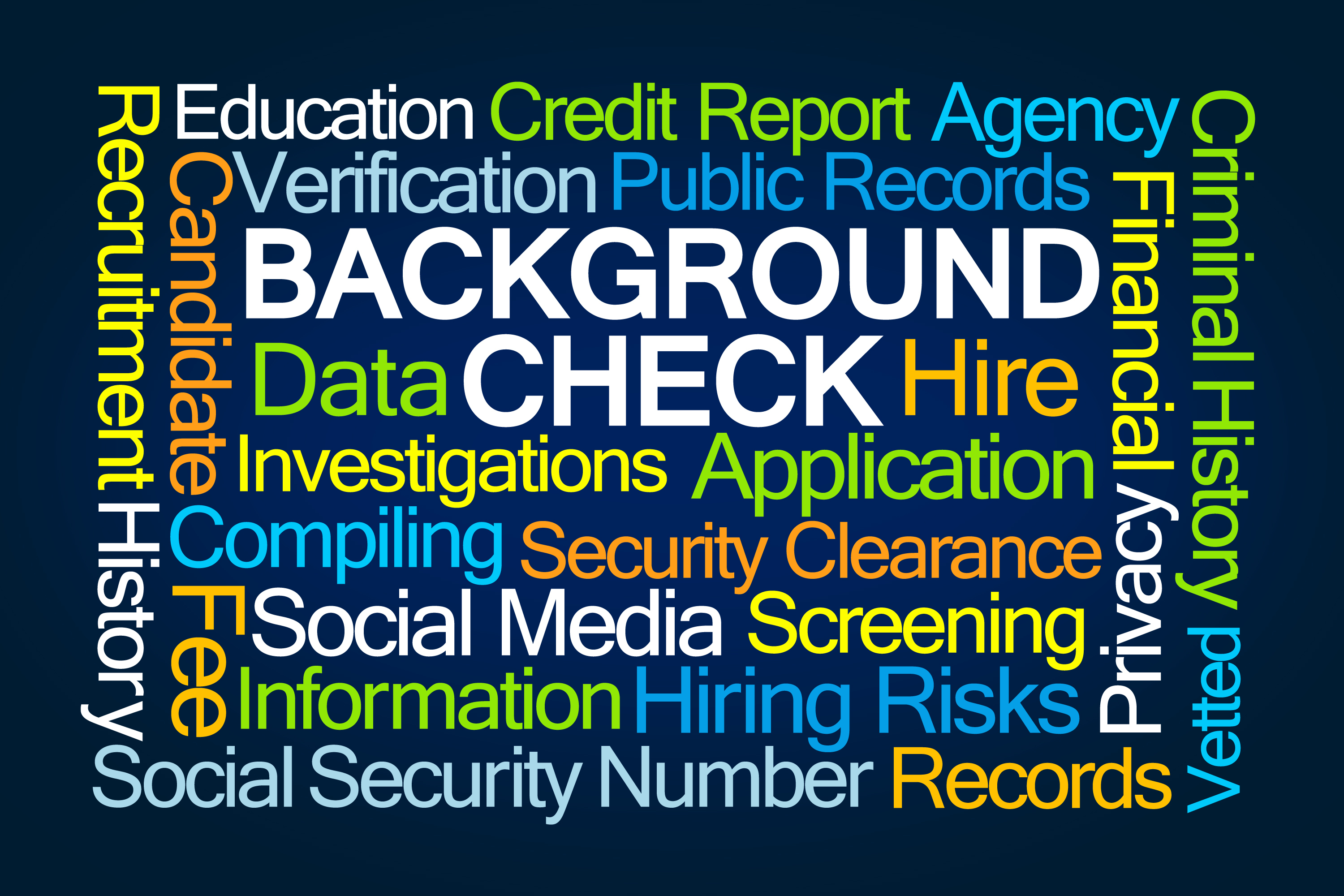Who Should and Should NOT Have Access to Your Credit Reports
Don't let anyone trick you, there are only some instances in which you can be required to show your credit report, and even then, only if you give consent to it. The Fair Credit Reporting Act (FCRA), is the federal statute that was created to ensure accuracy and privacy of consumer information. Its purpose is to protect consumers from distribution of inaccurate information contained in reports as well as the privacy of their information. To this end, the FCRA sets guidelines on who can access a report and when the access is permissible.
19 May, 2018













